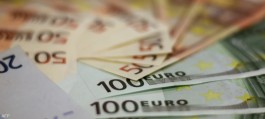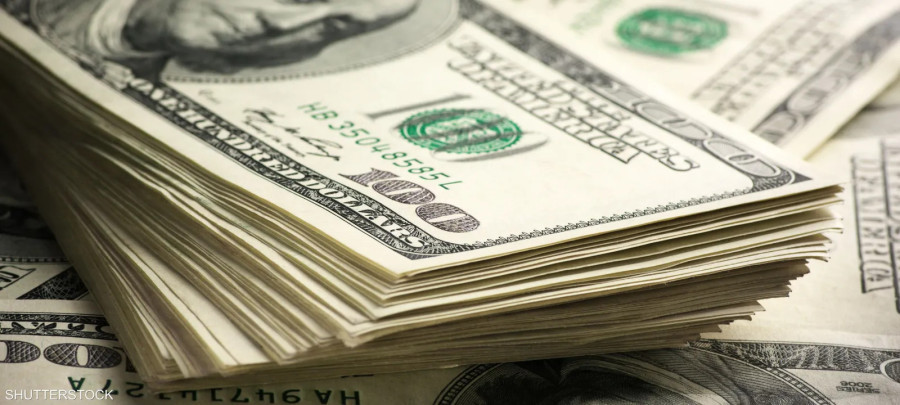The US dollar rose in early European trading on Tuesday, rebounding after falling from its highest level in 3 weeks overnight, while weak German economic data weighed on the euro.
At 13:46 Riyadh time, the US dollar index, which tracks the US currency against a basket of six other currencies, rose 0.10% at 102.31, after falling from its highest levels in three weeks in the previous session, amid uncertainty, which has stimulated cuts. Interest rates in 2024 Some profit taking.
The dollar retreated from three-week highs after the Federal Reserve's dovish speech
The dollar gained about 1% last week as doubts began to emerge about whether the Federal Reserve would start cutting interest rates as early as the first quarter of 2024.
However, it fell on Monday following a relatively dovish Fed speech, with Governor Michael Bowman calling monetary policy sufficiently restrictive and Atlanta Fed President Raphael Bostic reiterating his view. Interest rates are likely to be lowered this year.
In addition, the New York Fed's latest survey of consumer expectations showed US consumers' short-term inflation expectations falling to their lowest level in nearly three years in December.
Thursday's US Consumer Price Index (CPI) remains the main focus this week, as it will likely determine future expectations for interest rate moves from the Federal Reserve.
The euro fell due to weak German economic data
The EUR/USD pair was trading lower in Europe, down 0.1% at 1.0945, after data showed German industrial production unexpectedly fell by 0.7% in November on a monthly basis. Recording its sixth consecutive monthly decline.
The European Central Bank is trying to justify keeping interest rates at record levels for some time, but it is likely to come under pressure to ease monetary policy given the weakness of the German economy, the largest economy in Europe.
Data on Friday showed inflation in the euro zone rising to 2.9% in December from 2.4% in November. But this was widely expected, and growth in the region remains difficult.
The GBP/USD pair also fell by 0.1% to 1.2733, with traders awaiting the release of November GDP data on Friday for further guidance.
Japanese inflation declines
On the other hand, trading in the Japanese yen against the US dollar fell by 0.1% to 144.09, after data showed inflation in Tokyo falling near the Bank of Japan’s annual target range of 2% in December. The Bank of Japan has indicated that it will not begin to tighten its ultra-cautious policy until the 2% target is achieved.
{{2111|CNY/USD}} rose 0.1% to 7.1595, as sentiment towards China remained weak. Inflation data due on Friday is expected to show a continuing deflationary trend in the country, while trade data is likely to show continued weakness in export drivers.






































